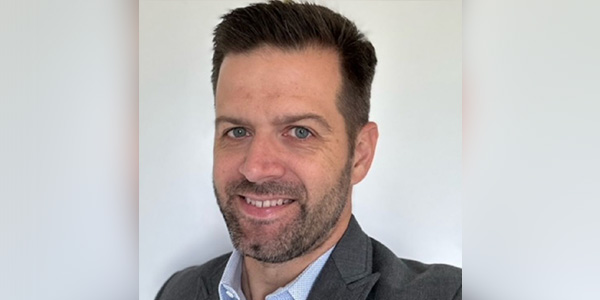The Patient Protection and Affordable Care Act (PPACA), also known as Healthcare Reform, was created to ensure that healthcare is available to all Americans, but the execution of the Act is creating challenges for businesses in many industries — and the car care industry is no exception.
Defining full-time and part-time employees under the PPACA
The PPACA changes traditional definitions of full-time and part-time in terms of employee classification, which will affect employee counts in relation to the Affordable Care Act.
Why is this important? The PPACA mandates that businesses with more than 50 full-time equivalent (FTE) employees provide affordable healthcare benefits for full-time employees on January 1, 2015, or potentially pay a fine of up to $2,000 per full-time employee.*
This date was originally Jan. 1, 2014, but was changed to this later date last July.
The administrative burden begins with the ongoing task of classifying workers as full-time or part-time.
PPACA defines a full-time employee as someone who works 30 hours or more per service week or 130 hours per calendar month.
Part-time employees, those who work fewer than 30 hours per service week, must also be considered.
PPACA requires that all part-time employee hours in a given month be combined and then divided by 120.
That result is then added to the full-time employee number to determine the number of FTEs a business has.
For purposes of the PPACA, the employer meets the 50 FTE threshold if the number of FTEs averages 50 or more during the previous year.
Factors such as waiting periods, measurement periods and stability periods must also be included in the FTE determination, adding to the administrative burden.
These factors may cause the employee count to fluctuate, which means the calculations will have to be done on a regular basis.
Other guidelines that affect the calculations can vary based on geographic location of employees, whether employees are exempt, non-exempt, temporary, contract, etc.
What is the Free Rider Penalty?
Another provision in the Employer Mandate is the Free Rider Penalty.
If a business elects to offer coverage to all employees, PPACA specifies that it must be affordable and meet minimum value.
This provision requires that the cost an employee pays for health insurance premiums be limited to no more than 9.5 percent of that employee’s household income (affordability) and that the plan provide minimum value, which means the percentage of allowed costs expected to be paid by the plan (as opposed to the employee) is at least 60 percent.
Because hourly employees are usually paid at a lower level, employers may have to absorb more of the cost of premiums for benefits when they are provided.
If the coverage provided is not considered “affordable,” and of “minimum value,” a penalty of $3,000 will be applied for each full-time employee who purchases coverage through an Exchange and receives a federal premium subsidy.
A Smarter Solution
While it’s hard to solve a problem with so many uncertainties still surrounding it, contractors are doing their best to prepare.
Cutting hours or staff might seem like a good idea to some, but those solutions will just create new problems — including poor service, bad morale, restriction of future growth and profits, higher unemployment insurance premiums and potential employee lawsuits, just to name a few.
A smarter solution is to partner with a Professional Employer Organization (PEO).
Comprehensive PEOs have been providing benefits packages to businesses of all sizes and types for years.
Larger PEOs can leverage their size to negotiate competitive health insurance rates.
The plans they offer meet the requirements for what is considered a minimum coverage amount, and they take responsibility for providing required disclosures to your employees, which can be time-consuming.
In addition to providing affordable health insurance, PEOs employ benefits experts who are well versed inPPACA compliance — including how to maintain accurate FTE calculations.
Even if the decision is made to send employees to an Exchange and pay a penalty, a comprehensive PEO can offer all of the administrative support that will be required.
The benefits of a PEO partnership go beyond Healthcare Reform.
PEOs have personnel who handle human resources tasks such as I-9 compliance, new hire reporting, Social Security Number verification reporting, EEO-1 reporting and more.
Some even provide safety training programs specifically designed for car care professionals.
One thing is certain: Change is constant
Healthcare Reform has become a highly emotional and politically charged issue for business owners in many different industries.
It is important to be aware that the specific legislation may change over time, which could further increase the way this legislation adds up for your car care business.
It will be important to create a strategy that not only works for your business but also is compliant.
*When calculating the $2,000 per employee fine for not providing healthcare benefits for full-time employees, the Employer Mandate states that the first 30 full-time employees are excluded.
Ruth T. Cyrus is senior vice president, Oasis Outsourcing, one of the nation’s largest Professional Employer Organizations. Oasis provides human resources, employee benefits, payroll administration and risk management services. Our products and services allow small- and medium-sized businesses to compete with those offered by Fortune 500 companies. Contact Oasis at 866-AT-OASIS (286-2747) or visit www.OasisAdvantage.com.














